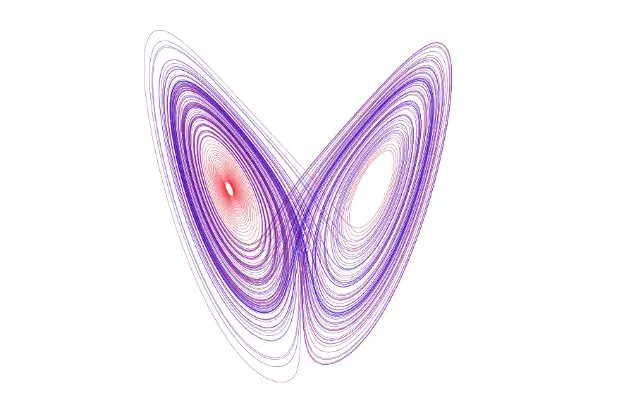Neural Networks: Unleashing the Power of Brain-Inspired Algorithms
2024-02-21 11:39:47
In our quest for artificial intelligence, scientists stumbled upon a profound realization: the human brain's remarkable capabilities stem from the intricate dance of neurons. Inspired by this insight, they embarked on a journey to replicate this biological architecture through algorithms, paving the way for the advent of neural networks.
Neural networks are algorithmic marvels that mimic the interconnectedness of neurons in the brain. Like their biological counterparts, these artificial neural networks possess the ability to learn complex patterns and make informed decisions. Their prowess stems from their ability to extract meaningful insights from vast amounts of data, making them invaluable tools in various domains.
The Architecture of Neural Networks
Neural networks are structured as layered architectures, with each layer performing a specific transformation of the input data. The first layers extract basic features, while subsequent layers combine and refine these features to capture increasingly complex patterns.
Training and Optimization
Neural networks are trained using vast datasets, during which they learn to adjust their internal parameters to minimize errors. This iterative process involves forward and backward passes, where the network makes predictions, calculates errors, and modifies its weights accordingly.
Applications of Neural Networks
Neural networks have found widespread adoption in a diverse array of applications, including:
- Computer Vision: Image recognition, object detection, facial analysis
- Natural Language Processing: Machine translation, sentiment analysis, text summarization
- Predictive Analytics: Forecasting demand, predicting customer behavior, identifying fraud
- Autonomous Systems: Robotics, self-driving cars, drone navigation
The Future of Neural Networks
As neural networks continue to evolve, we can expect to witness even more transformative applications. Advances in deep learning and the availability of massive datasets will fuel their capabilities, unlocking new possibilities in areas such as:
- Personalized medicine and healthcare
- Advanced materials and manufacturing
- Climate modeling and environmental sustainability
- Cybersecurity and data protection
In conclusion, neural networks are a transformative technology that has revolutionized the field of artificial intelligence. Their ability to learn from data and perform complex tasks has opened up a world of possibilities in various domains. As we delve deeper into the intricacies of neural networks, we can anticipate even more groundbreaking applications that will shape the future of technology and human endeavors.




